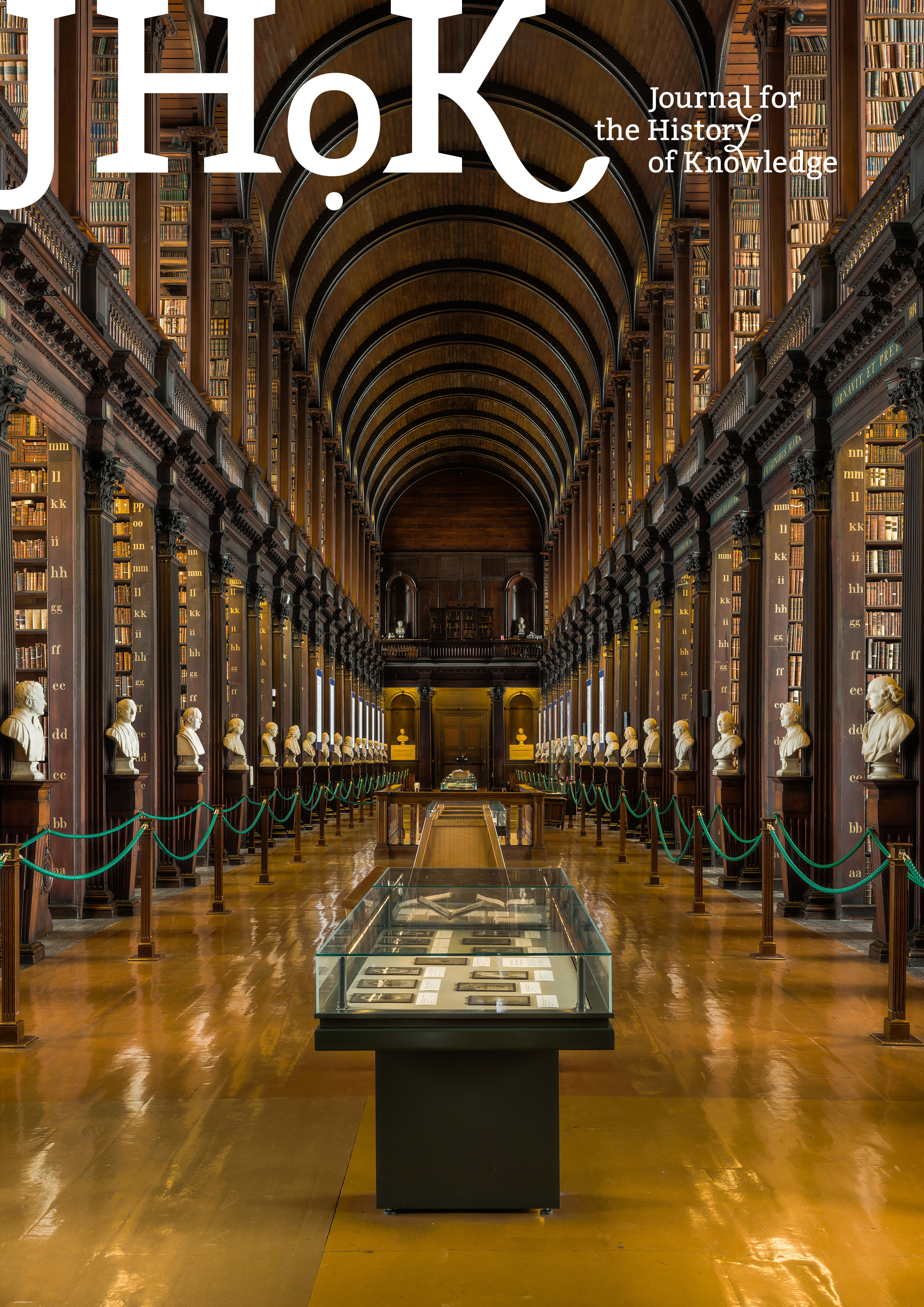Science Education and Bureaucratization of Fieldwork
Creating a Geological Collection in Nineteenth-Century Serbia
DOI:
https://doi.org/10.55283/jhk.11713Keywords:
Science education, nineteenth-century Serbia, state-building, collecting, fieldwork, earth sciencesAbstract
The establishment of a network of collaborators in nineteenth-century Serbia, dedicated to scientific rock specimen collecting, required ongoing negotiation with the state administration over allocation of resources, including the mobilization of state clerks. In this period, Serbia’s state-building involved, among other things, considerable investments in science education and mining. By appealing to the state’s educational goals, Jovan Žujović managed to organize collecting through the network of schools, whose professors occasionally sent specimens to him. Various other state clerks, officers, and diplomats participated in this network as well, making field collecting practices situated by state administrative networks and contemporary nationalist ideologies. Through the collaborative and competitive intellectual efforts of scientific and non-scientific actors, fieldwork was co-produced as a politically contested space through the interplay of scientific, administrative, political, educational, and diplomatic initiatives that competed and collaborated within state-building projects.
Downloads
Downloads
Published
Issue
Section
License
Copyright (c) 2022 Dejan Lukic

This work is licensed under a Creative Commons Attribution 4.0 International License.


